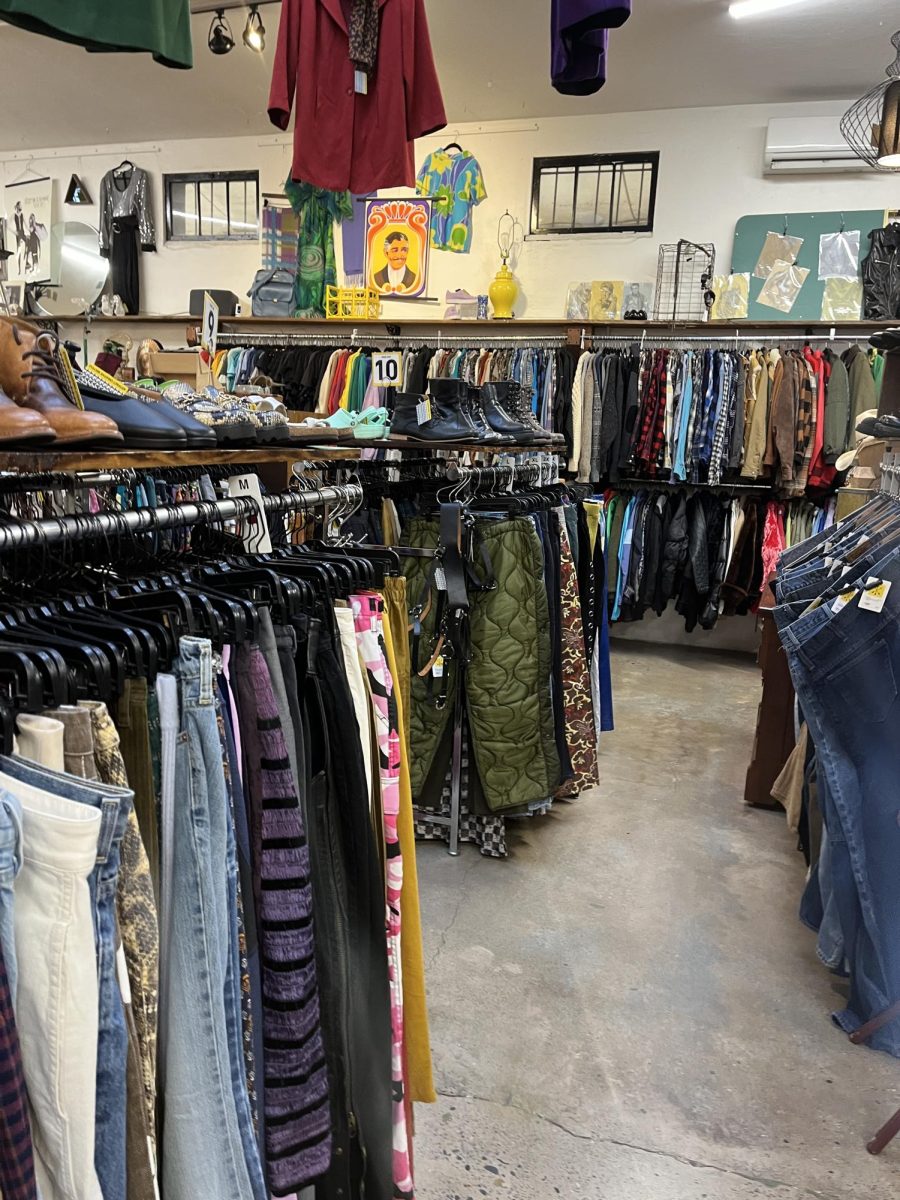Reducing energy and water use, second-hand shopping, recycling, composting, using public transportation and being aware of your environmental footprint are all small things that can be effective in reducing your impact on the planet.
Many Lincoln students thrift most of their clothing. This is beneficial because it’s cheaper and prevents clothing from ending up in landfills. Luckily, thrifting has become popular and if its popularity lasts, it could help our future be more sustainable and climate conscious.
“I try thrifting all my clothing [and] reducing the time I turn on the water. I [also] recycle and compost. I even take compost and put it into my garden to create food for my family. It’s important to be more sustainable, so we can live a happy life on this earth longer,” said sophomore Ale Guivernau.
In an article written by the International Plant Protection Convention, it explains that if we stay persistent with our unsustainability, our future generations’ chance of experiencing a healthy earth is unlikely.
“Every year I look at various calculators for sustainability, whether it’s footprint, or some of them are better, including water usage and stuff like that, it’s looking at the whole picture. And every year, I like to make new initiatives for myself as an individual,” said Environmental Justice teacher Joshua Kinter.
An environmental footprint is a way of describing how your living habits impact the earth. There is free access to calculators online for plastic, water, carbon and your overall ecological footprint, and Kinter says these can be helpful when it comes to becoming more aware of how you’re personally affecting the environment.
“We only have one Earth to take care of us. So I think that we should take care of it,” said Kinter. “You wouldn’t trash your home, if you cared about it. I think we often forget that the earth is like a bank account, it already has stuff in it to support us, right? And so we take from it, and we don’t see the tally, but it’s going down.”

